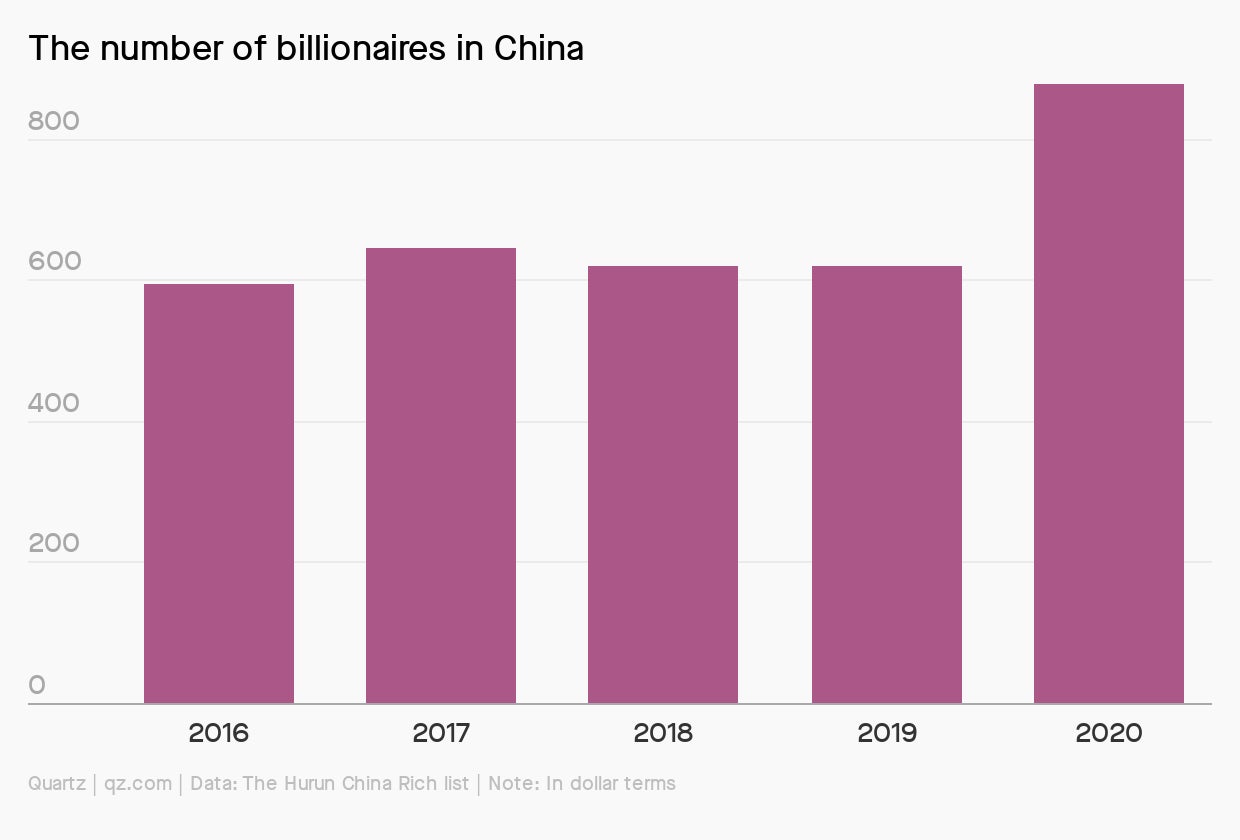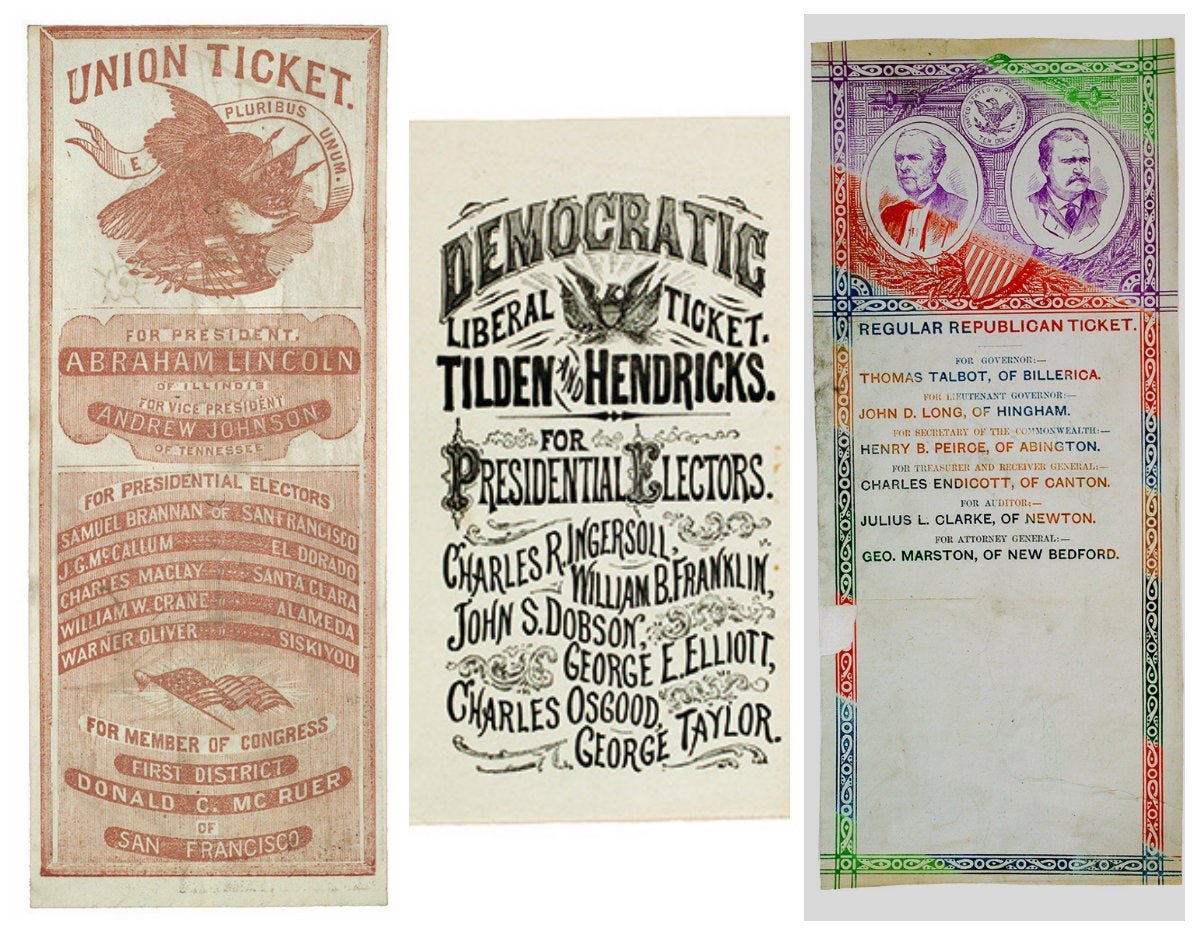Didi Chuxing’s IPO, billionaire goals, bad ballots
Good morning, Quartz readers!

Good morning, Quartz readers!
Here’s what you need to know
Didi Chuxing looks to Hong Kong for a blockbuster IPO. The Chinese ride-hailing giant has reportedly ditched plans to list in New York and instead is aiming for a debut closer to home in the first half of 2021, targeting a valuation of more than $60 billion.
Chinese companies face more opposition on 5G. Sweden is the latest country to bar Huawei and ZTE from its 5G infrastructure, while the US said it would aid Brazil in purchasing 5G equipment from anyone but Huawei. Meanwhile, India’s Reliance Jio announced more details of the 5G hardware it’s developing with Qualcomm.
Cathay Pacific plans to cut 6,000 jobs. The layoffs are less severe than the 8,000 the carrier had previously anticipated. The Hong Kong-based airline will also reportedly eliminate its Cathay Dragon brand.
The US laid out an antitrust case against Google… Eleven states joined the Justice Department in a lawsuit alleging the company has used anticompetitive practices to maintain monopolies in search and search advertising.
…and reached a settlement with Goldman Sachs on the 1MDB scandal. The bank will reportedly pay $2.8 billion but avoid prosecution that would have impacted its ability to do business. An Asian subsidiary is expected to plead guilty this week.
What makes Mukesh tick?
Chairman of Reliance Industries Mukesh Ambani doesn’t necessarily want to be remembered for running a conglomerate that’s currently dominating several sectors in the country.
At a book launch interview with journalist Omkar Goswami, Ambani said he’d prefer his legacy to be based on transforming India into a digital society, revolutionizing its educational sector, and redirecting it towards renewable energy. He also gave credit for Reliance’s pivot to telecommunications to his father’s dream of connecting all Indians at an affordable price.
Ambani may court the image of one who works for the benefit of a better-connected Indian population, but he’s also solely responsible for more than half of the rise in the collective net worth of the country’s rich people this year, and is worth more than three times as much as the second wealthiest person in India.
Charting China’s billionaires
Speaking of very wealthy people, China now has more billionaires than any country in the world. Yesterday, a new group of 257 billionaires (in US dollar terms) were added to the annually released Hurun China Rich List, which has been tracking the wealth of the ultra-rich for 22 years.

The rich listers have a combined wealth of $4 trillion, which is similar to the GDP of Germany, up from $2.6 trillion in 2019. Jane Li looks into why more rich people in China are turning into super-rich people, despite a global pandemic.
Poorly designed ballots are difficult to fix

The user-focused design ethos characterizing our technological interfaces hasn’t made its way to ballot design yet, at least in the US. But if paper ballots are so bad, why can’t states just start from scratch? Anne Quito discovered that it’s not so easy—even a tweak is quite the process.
But at least we’re no longer in the 19th century. The task of printing ballots was left to political parties, who produced a mind-boggling array of designs and deployed every graphic trick and dark pattern they could think of. Then, you’d just pop your favorite ballot in the box, hop on your pennyfarthing, and hope for the best.
How well do you podcast?
Which platforms already host, or have deals to host, podcasts by the following people?
🎧 Joe Rogan
🎧 Michelle Obama
🎧 Kim Kardashian West
🦇 Batman
OK, we’ll just tell you—the answer to all four is Spotify. which has been aggressively expanding into the podcasting world. Its main business, music, is a lousy cash cow, and with podcasts, Spotify doesn’t have to hand over a big chunk of its revenue to record labels.
In the past two years, Spotify has spent more than $600 million to acquire three podcast networks, including Bill Simmons’s “The Ringer,” and a podcast-making app. The platform is also narrowing podcasting’s traditional open environment by offering exclusive content. Read more in our field guide to the podcast business.
✦ Listen up, you can start a free trial of a Quartz membership today, then use promo code QZTWENTY to unlock a 20% discount for your first year.
Surprising discoveries
South Korea is facing a kimchi catastrophe. Typhoons this summer wiped out fields of cabbages, the main ingredient in the fermented national dish.
A mining company stands to make billions on a Chilean gold operation. But first it has to relocate the 25 rare chinchillas that live at the site.
Quicker than a jiffy. Scientists recorded the fastest thing to ever happen—the time it takes for a photon to cross a single hydrogen molecule—and it lasted 247 zeptoseconds.
No bike parking in the flower zone. Amsterdam plans to deter cyclists from locking up their rides on bridges by adding wooden planters.
This Halloween, the candy comes to you. Hershey’s created a rolling door that dispenses treats by remote control.
Our best wishes for a productive day. Please send any news, comments, chinchillas that need homes, and candy that needs mouths to [email protected]. Get the most out of Quartz by downloading our iOS app and becoming a member. Today’s Daily Brief was brought to you by Anne Quito, Jane Li, Susan Howson, and Liz Webber.